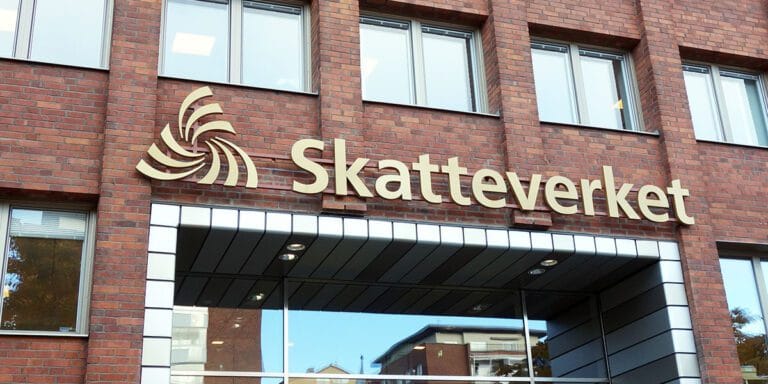🎧 Listen to This Article
Sweden is set to overhaul its VAT invoicing regulations beginning January 1, 2025, marking a significant shift toward EU-aligned tax compliance. These updates will impact businesses across multiple industries, particularly those dealing with simplified invoices. Understanding these regulatory changes is crucial to ensuring seamless operations and avoiding compliance pitfalls.
Major Change: Repeal of SKVFS 2005:14 Regulation
The Swedish government has announced the repeal of SKVFS 2005:14, the long-standing regulation governing simplified invoices. This repeal, formalized under SKVFS 2024:26, takes effect on December 31, 2024, and will usher in updated VAT rules that reflect modern transaction methods and the broader EU VAT framework.
Why This Matters
- The repeal eliminates outdated provisions, replacing them with modernized invoicing requirements.
- It ensures Sweden’s VAT system aligns with EU VAT Directive guidelines, promoting streamlined cross-border trade.
- Businesses must prepare for these changes to ensure full compliance with new invoicing requirements.
New VAT Rules for Simplified Invoices
Starting in 2025, the Swedish Tax Agency (Skatteverket) will introduce revised rules for simplified invoices, applicable in specific scenarios:
1. Sales via Payment Machines
Automated transactions, including purchases from vending machines and self-service kiosks, will be subject to updated VAT documentation requirements.
2. Public Transport Transactions
Ticketing and fare payments within Sweden’s public transport system will now qualify for simplified invoicing, reducing administrative burdens for operators.
3. Toll Payments
Road and bridge toll fees will be governed by new VAT rules, ensuring clearer invoicing for commuters and businesses.
4. Electrical Power and Network Services
When electricity supply and network services are billed together on a single invoice, VAT documentation will be streamlined for greater efficiency.
These revisions aim to modernize VAT compliance, ensuring clarity, efficiency, and technological adaptability in Sweden’s invoicing landscape.
Sweden’s VAT Reform in the Context of EU Regulations
Sweden’s new invoicing regulations align with the EU VAT Directive, which permits member states to implement simplified invoicing for transactions that meet certain criteria. The goal is to reduce administrative complexity for low-value transactions while maintaining compliance with essential tax documentation standards.
What This Means for Businesses
- Businesses engaged in cross-border trade will benefit from regulatory alignment with EU invoicing practices.
- Small transactions will have reduced documentation requirements, easing the burden on companies processing a high volume of low-value sales.
- Compliance becomes simpler, as Sweden’s VAT laws will now closely reflect EU-wide best practices.
How to Prepare for Sweden’s VAT Invoicing Changes
To stay ahead of these regulatory updates, businesses should:
- Review their invoicing processes and update systems to comply with the 2025 rules.
- Train accounting and finance teams on the new VAT requirements to ensure a smooth transition.
- Monitor official announcements from Skatteverket to stay informed about any additional clarifications.
- Leverage automated VAT software to ensure compliance with the revised regulations.
Final Thoughts: A Step Toward Modernized VAT Compliance
Sweden’s VAT invoicing changes reflect the country’s commitment to simplifying tax processes, aligning with EU standards, and enhancing transparency. As businesses prepare for these updates, proactive adaptation will be key to ensuring compliance and operational efficiency.
Simplifying Business Closures: Sweden’s Tax Agency Takes Action
For further details, clarification, contributions or any concerns regarding this article, please feel free to reach out to us at editorial@tax.news. We value your feedback and are committed to providing accurate and timely information. Please note that all inquiries will be handled in accordance with our privacy policy



